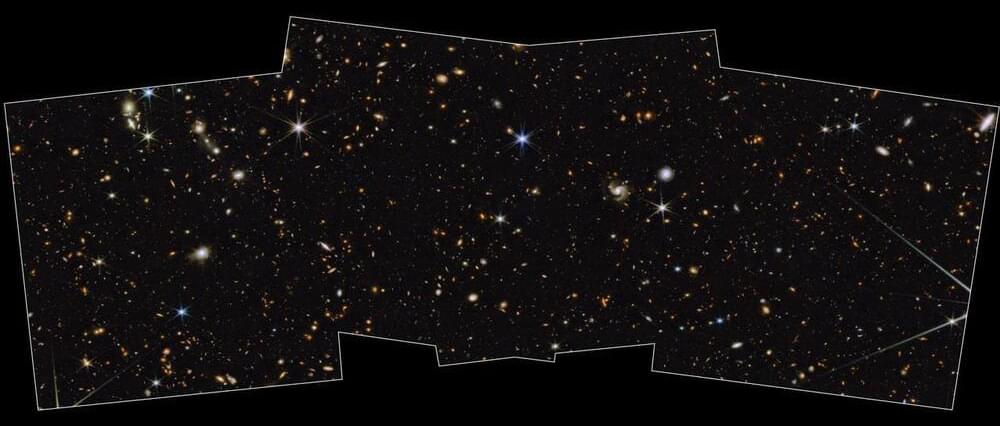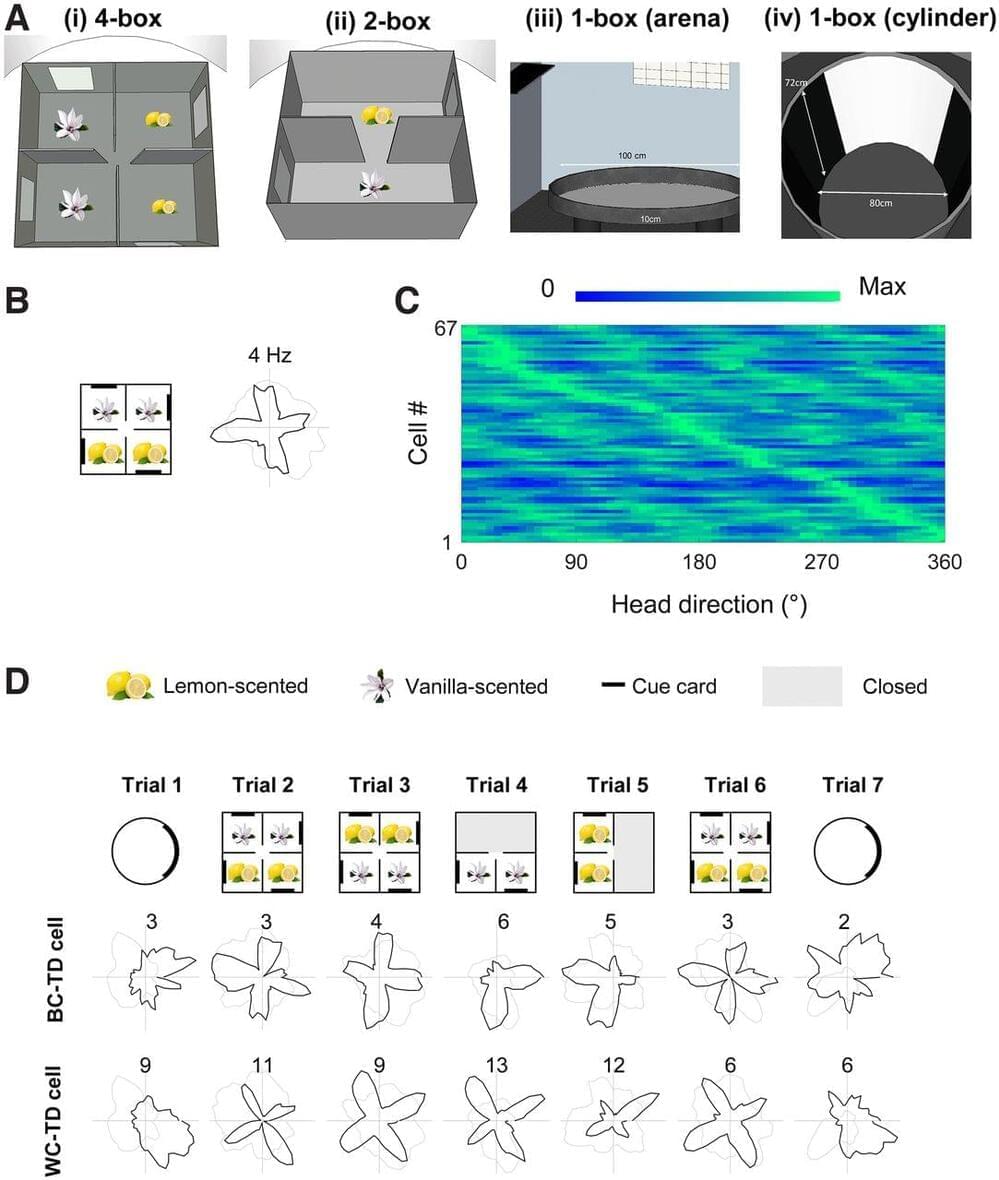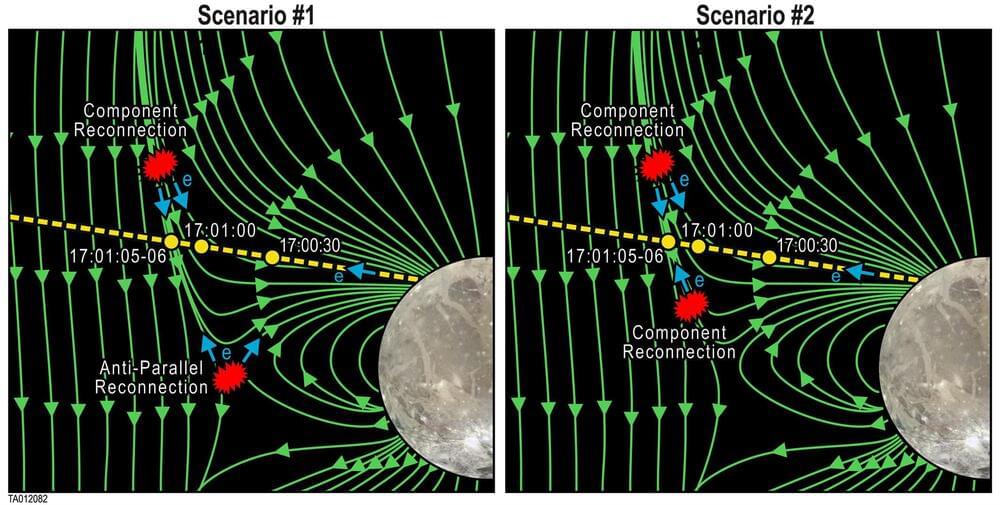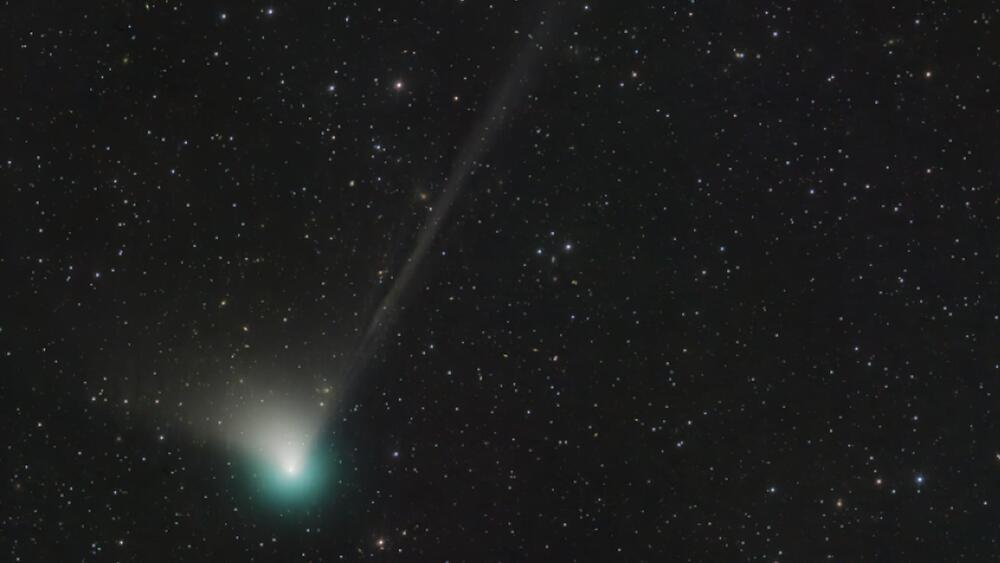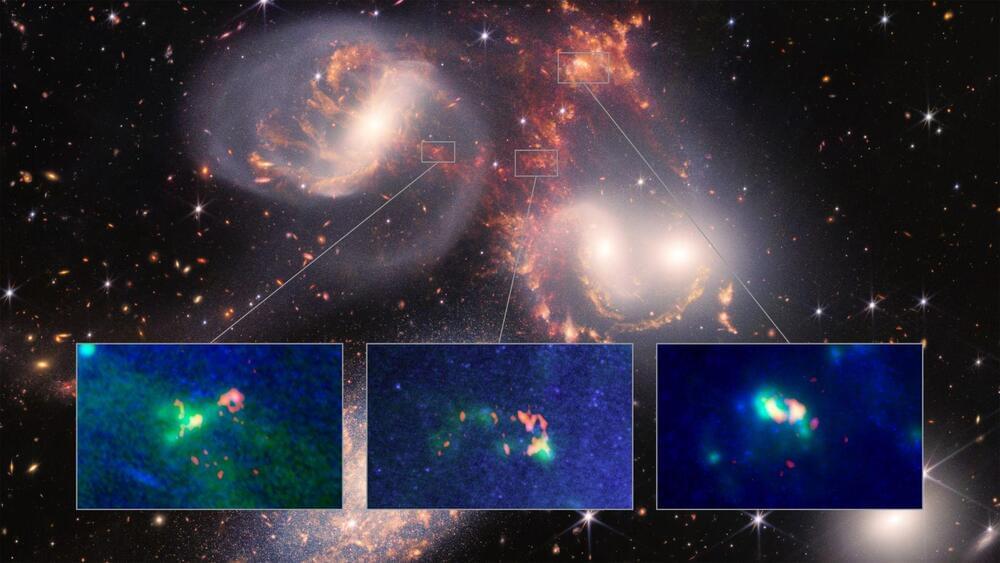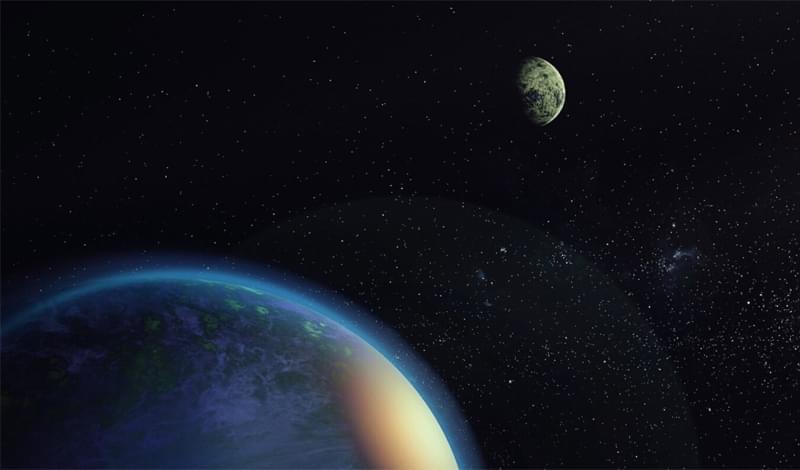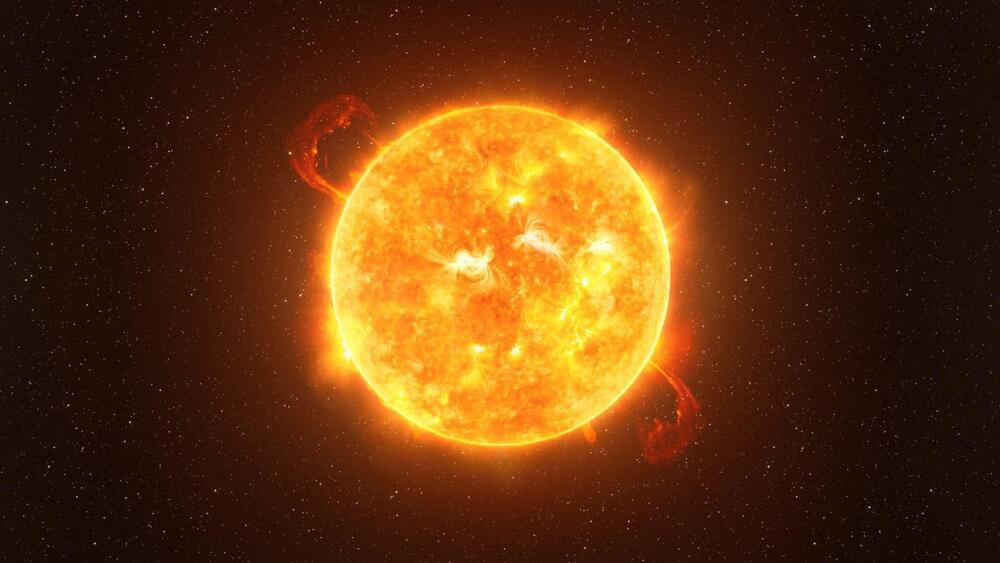
One of the biggest achievements of quantum physics was recasting our vision of the atom. Out was the early 1900s model of a solar system in miniature, in which electrons looped around a solid nucleus. Instead, quantum physics showed that electrons live a far more interesting life, meandering around the nucleus in clouds that look like tiny balloons. These balloons are known as atomic orbitals, and they come in all sorts of different shapes—perfectly round, two-lobed, clover-leaf-shaped. The number of lobes in the balloon signifies how much the electron spins about the nucleus.
That’s all well and good for individual atoms, but when atoms come together to form something solid—like a chunk of metal, say—the outermost electrons in the atoms can link arms and lose sight of the nucleus from where they came, forming many oversized balloons that span the whole chunk of metal. They stop spinning about their nuclei and flow through the metal to carry electrical currents, shedding the diversity of multi-lobed balloons.
Now, researchers at the Quantum Materials Center (QMC) at the University of Maryland (UMD), in collaboration with theorists at the Condensed Matter Theory Center (CMTC) and Joint Quantum Institute (JQI), have produced the first experimental evidence that one metal—and likely others in its class—have electrons that manage to preserve a more interesting, multi-lobed structure as they move around in a solid. The team experimentally studied the shape of these balloons and found not a uniform surface, but a complex structure. This unusual metal is not only fundamentally interesting, but it could also prove useful for building quantum computers that are resistant to noise.
